If you’re curious about where some of our favourite authors find inspiration for their own work, read on.
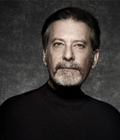
Jonathan Kellerman, The Museum of Desire
“My literary influences include James T. Farrell, Conan Doyle, Dumas, Verne, Ross McDonald. Stephen King will be read centuries from now – he’s the Edgar Allan Poe of our generation. Elmore Leonard and Ruth Rendell are masters. Just a few among many.
In general, I admire writers with a robust sense of story. Spare me the kind of book described by P.G. Wodehouse as ‘People sit around talking for 200 pages and then the adolescent doesn’t kill himself.’”
|
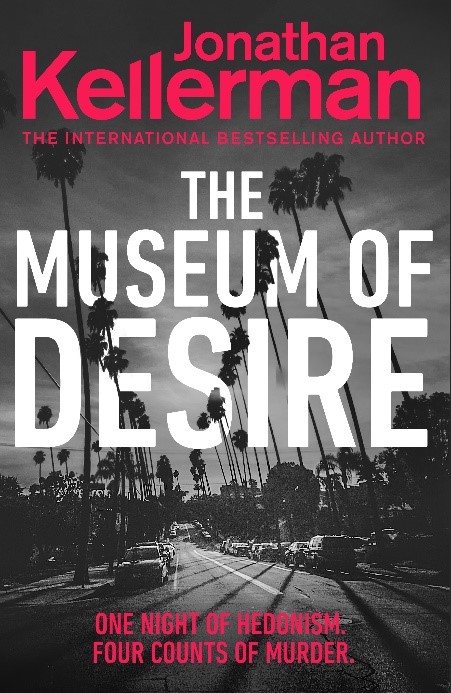 |
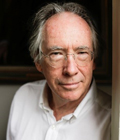 Ian McEwan, Machines Like Me Ian McEwan, Machines Like Me
“I don’t read much genre fiction, even though I know there are riches to be found. I’ve read some of the sci-fi classics: Wells, Huxley, Lem, Wyndham, Le Guin and others. The more apocalyptic it gets, the more people start moving around the universe at multiples of the speed of light, so the human interest fades, is my sense of things.”
|
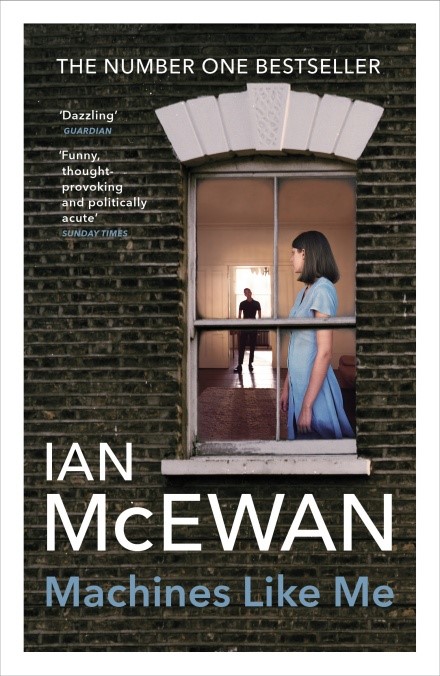 |
|
“I take inspiration from a lot of places. Some of it is from other books I'm reading – there are a lot of female authors right now doing incredible work that inspires me, every day, to be a more ambitious and thoughtful writer. And on top of that, I get a lot of new ideas and excitement to get to work from engrossing myself in TV, film, podcasts, articles, photographs, etc. I will say that a lot of my books come out of having read an interesting article in Vanity Fair magazine.” |
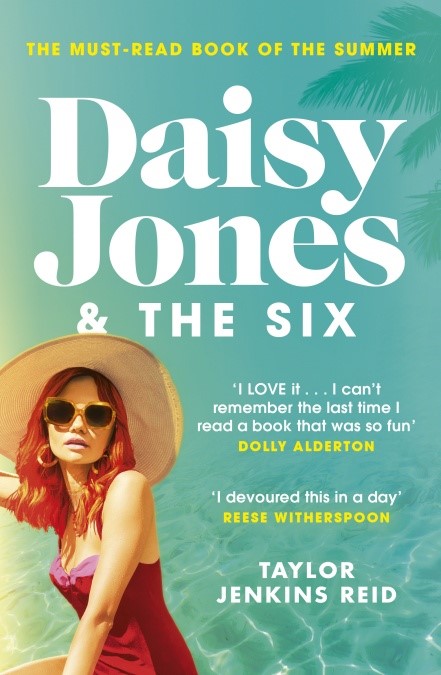 |
|
“For inspiration, I look to anyone who creates excellence in my favourite fields. Angela Carter for writing The Bloody Chamber – a work of stunning beautiful and impossible tension. Nora Ephron and Richard Curtis for writing fantastic romantic comedies – by far the hardest film genre to do effectively. Neil Gaiman for writing Stardust – a small book of perfection or a book of small perfection. Hannah Gadsby for Nanette. Angela Merkel for her immigration policy. Virginia Woolf, and every other artist, who’s managed to write works of genius while living with mental illness. Naturally, I could go on and on. But, more than anyone, I admire my mother who’s had the most traumatic life of anyone I’ve ever met but has made more of it than most people who’ve suffered far less. I aspire to be only half as brave, loving and wise as she.” |
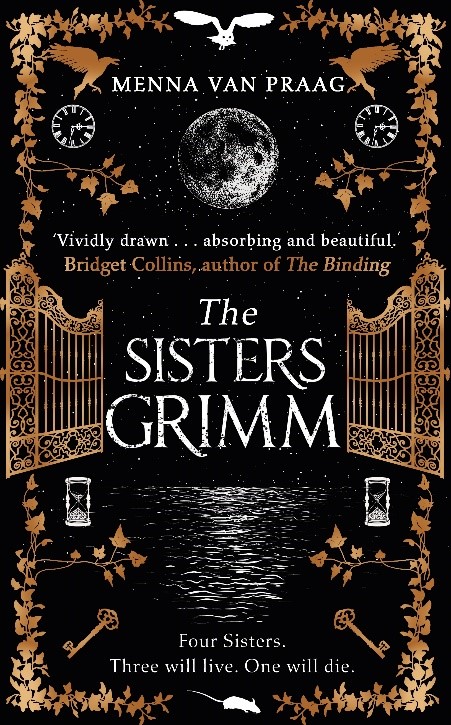 |
|
“I think the biggest influence on my writing is William Trevor, for his detail and his restraint. I don’t think any reader wants to be told how to feel, and he is a master at getting the reader there with simple, mostly objective details. I’m a huge fan of Louise Erdrich, Elizabeth Strout, Mary Gordon – three writers who manage to be so smart but at the same time write with so much heart. I read Elena Ferrante’s Neapolitan novels while I was writing my book Ask Again, Yes and tried to understand how she could track the minutiae of growing up without ever losing my interest. I love everything by Mohsin Hamid. Whenever I felt stuck, I put the novel aside for a few days and read something good. When I went back to the novel, it was as if a fog had cleared.” |
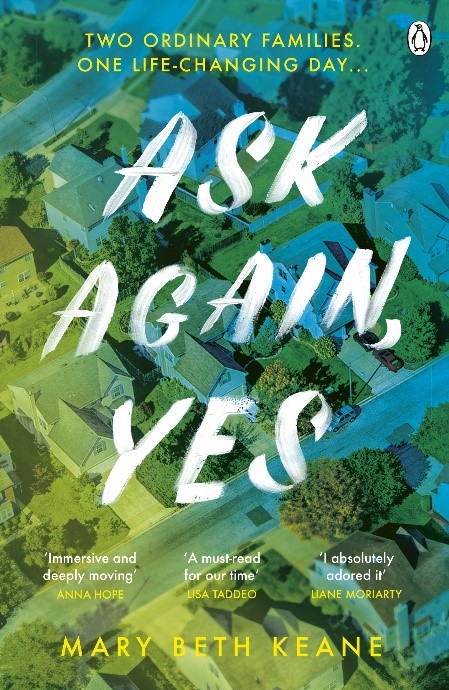 |
|
Samantha Downing, He Started It “One of my all-time favourite books is Rebecca by Daphne Du Maurier. I would also add in just about any book by Patricia Highsmith and Gillian Flynn, and Looker by Laura Sims stands out. All of the favourites mentioned above have inspired my writing. I’ve been reading thrillers all my life. My whole family reads them so we always had books lying around the house – John Grisham, Michael Crichton, Clive Cussler – these are some of the first thrillers I remember reading. Eventually I moved on to the domestic thrillers, starting with Gillian Flynn’s Gone Girl, and I loved them even more.” |
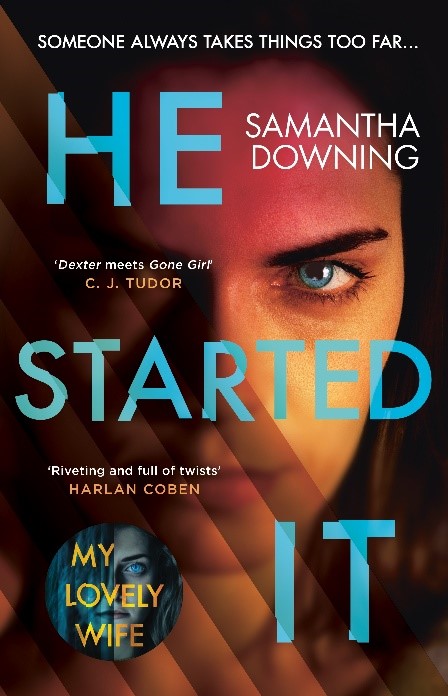 |
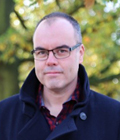 Sam Lloyd, The Memory Wood Sam Lloyd, The Memory Wood
“My dad read me The Hobbit when I was five and I’ve wanted to be a writer ever since. I’m a huge fan of Thomas Harris, Stephen King and Gillian Flynn. I love meaty characters and epic twists.”
|
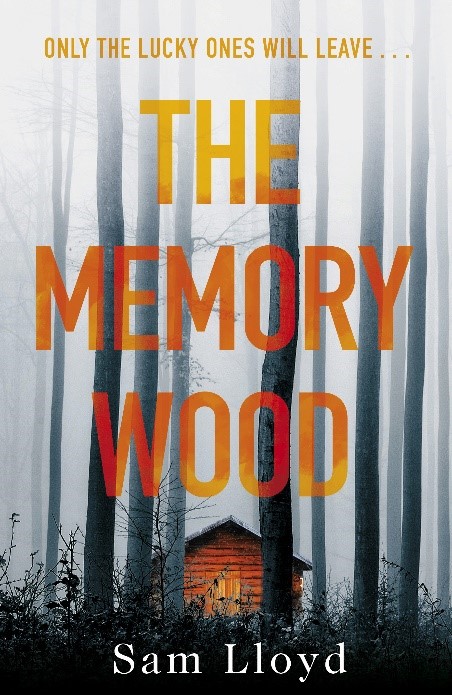 |







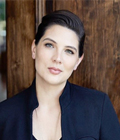 Taylor Jenkins Reid,
Taylor Jenkins Reid, 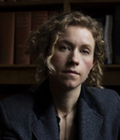 Menna van Praag,
Menna van Praag, 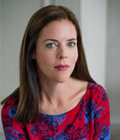 Mary Beth Keane,
Mary Beth Keane,